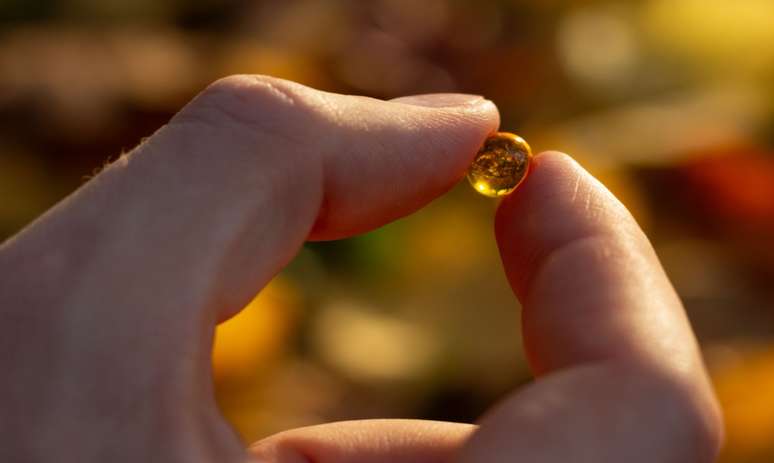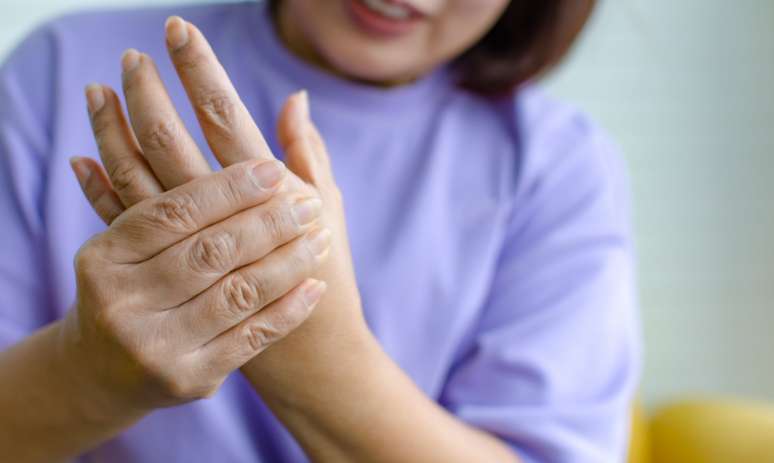Most cases of the disease can be avoided with a healthy lifestyle
On World Cancer Day it is always important to remember that there are habits that can help prevent the development of different types of cancer. According to the INCA (National Cancer Institute), at least 12 types of diseases are associated with lifestyle factors, such as inadequate nutrition, alcohol consumption and sedentary lifestyle.
Although cancer is a disease that involves genes, only 10% of all cases of the disease are hereditary, and even for many of these people, it is possible to intervene early to avoid invasive treatments.
Find out the main lifestyle factors involved in the development of cancer and what you can do to avoid the risks:
1. Don’t smoke
For every 100 people with cancer, approximately 30 are smokers, and most start smoking before the age of 20. Lung cancer is the most common, but not the only one: smoking is also associated with tumors of the oral cavity, larynx, pharynx, esophagus, stomach, pancreas, liver, kidneys, bladder , cervix and leukemia.
Furthermore, according to the National Cancer Institute (INCA), smoking is responsible for approximately 30% of cancer deaths. Remember: Exposure to cigarette smoke also increases your risk. And electronic cigarettes (vaping) are not a healthy alternative to traditional versions.
2. Take care of your diet
Vegetables, legumes, grains and fruit contain elements that can help prevent some types of cancer. This is the case, among others, of fiber, lycopene from tomatoes and beta-carotene from carrots and mangoes. The recommendation is to consume at least five daily servings of fruit and vegetables every day.
On the other hand, red meat and processed meats (such as bacon, ham, and salami) should be consumed in moderation, as they increase the risk of colorectal cancer. Other elements at risk are aflotoxin (peanut fungus), which increases the propensity to liver cancer, and arsenic compounds, which can contaminate groundwater. Therefore, children and adults should consume only drinking or mineral water.
3. Check your weight
Excess body fat causes a state of chronic inflammation in the body, as well as causing increased levels of certain hormones that promote the growth of cancer cells, increasing the chances of developing the disease. Some studies indicate that excess weight is associated with at least 14 types of cancer.
Childhood obesity is a serious problem in Brazil and around the world, and overweight young people are more likely to become obese adults, so it is important to take action from an early age. Data from the Ministry of Health shows that obesity has increased by 72% in just thirteen years, going from 11.8% in 2006 to 20.3% in 2019.
4. Get moving
A sedentary lifestyle can increase the risk of at least 10 types of cancer, as well as interfere with hormones and the immune system. The recommendation is that, from childhood, people engage in regular physical activity, of moderate to vigorous intensity, for 150 minutes per week.
It is also important to avoid spending many hours sitting, so take breaks from screens and try to move during the day, taking short walks, using the stairs or simple exercises.
5. Be careful with alcohol consumption
Excessive intake, which generally begins in adolescence, is linked to cancers of the stomach, esophagus, liver, kidney, breast, head and neck. And even low, frequent doses can increase the risk of breast cancer, studies show.
6. Get your vaccinations
HPV (human papillomavirus) increases the risk of cervical cancer, as well as some cancers of the mouth, throat, penis, vulva, vagina and anus. Hepatitis B and C can cause cirrhosis and in some cases can progress to liver cancer.
It is worth remembering that there is a vaccine against the main types of HPV and against hepatitis B. Using a condom also helps prevent these infections, but few people use it constantly or during oral sex.
7. Take care of intimate hygiene
The Brazilian Society of Urology (SBU) reminds us every year that penile cancer is a type of cancer that can be prevented simply with soap and water. This disease leads to more than 600 amputations per year, a very high number considering that hygiene is one of the main ways to avoid it.
The disease is also related to HPV infection and untreated cases of phimosis (when the foreskin cannot be pulled back completely to expose the glans during cleaning). Data from the Ministry of Health indicate that from 2012 to 2022 more than 21 thousand cases of penile cancer were registered in the country; from 2013 to 2023 more than 6 thousand amputations; and from 2011 to 2021 more than 4 thousand deaths due to the disease.
8. Protect yourself from the sun
Exposure to ultraviolet rays increases an individual’s risk of skin cancer. This effect is cumulative, meaning protection must start from childhood, with the use of sunscreen, hat and shade between 10am and 4pm.
9. Get regular checkups
Those who see their doctor regularly have a better chance of preventing a health problem from turning into cancer, or even identifying the disease in stages that allow for a cure.
Colonoscopy, for example, can be indicated for preventive purposes or in response to symptoms, and allows the immediate removal of polyps that could turn into cancer in the future. Another example is infection by bacteria Helycobacter pylori, associated with cases of ulcers and even stomach cancer. Regular consultations with a dermatologist can also identify suspicious skin lesions and prevent cancer proliferation.
Source: Terra
Ben Stock is a lifestyle journalist and author at Gossipify. He writes about topics such as health, wellness, travel, food and home decor. He provides practical advice and inspiration to improve well-being, keeps readers up to date with latest lifestyle news and trends, known for his engaging writing style, in-depth analysis and unique perspectives.








